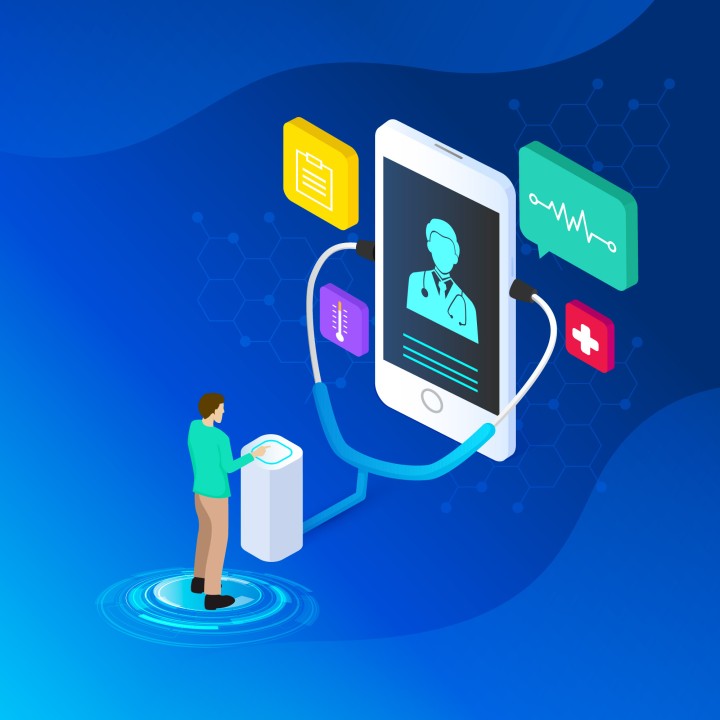Chatbots and Virtual Assistants in Healthcare
Chatbots and Virtual Assistants: Revolutionizing Healthcare
Chatbots and virtual assistants are increasingly being used in healthcare to improve patient engagement, streamline administrative tasks, and enhance overall patient experience. These AI-powered tools offer a range of benefits, from providing medical information to assisting with appointments and prescription refills.
How Chatbots and Virtual Assistants Work
Chatbots and virtual assistants utilize natural language processing (NLP) and machine learning to understand and respond to user queries. They can be accessed through various channels, including websites, mobile apps, and messaging platforms.
Applications of Chatbots and Virtual Assistants in Healthcare
- Patient Engagement:
- Providing health information and answering questions.
- Reminding patients about appointments, medication schedules, and follow-up care.
- Offering personalized health advice and recommendations.
- Administrative Tasks:
- Scheduling appointments and managing patient records.
- Handling insurance claims and billing inquiries.
- Providing information about hospital services and facilities.
- Mental Health Support:
- Offering mental health counseling and support.
- Providing coping strategies and relaxation techniques.
- Clinical Decision Support:
- Assisting healthcare providers in making diagnoses and treatment decisions.
- Analyzing patient data to identify potential health risks.
Benefits of Chatbots and Virtual Assistants in Healthcare
- Improved Patient Experience: Enhanced accessibility, faster response times, and personalized care.
- Reduced Administrative Burden: Automation of routine tasks frees up healthcare professionals to focus on patient care.
- Increased Efficiency: Streamlined workflows and reduced wait times.
- Enhanced Data Collection: Gathering valuable patient data to improve population health management.
- Cost Reduction: Lower operational costs through automation and reduced administrative overhead.
Challenges and Future Directions
While chatbots and virtual assistants offer numerous benefits, challenges remain:
- Technical Limitations: Current technology may not be able to handle complex queries or provide accurate medical advice in all cases.
- Ethical Considerations: Ensuring data privacy, security, and ethical use of AI is crucial.
- User Experience: Designing user-friendly and engaging interfaces is essential for optimal user experience.
The future of chatbots and virtual assistants in healthcare is promising. As technology advances, we can expect to see more sophisticated and capable AI-powered tools that can revolutionize the way healthcare is delivered.
By embracing these innovative technologies, healthcare organizations can improve patient outcomes, enhance operational efficiency, and create a more patient-centered healthcare system.

